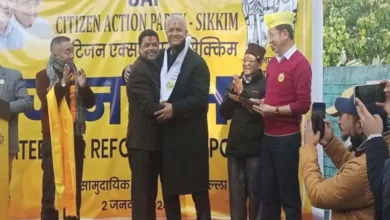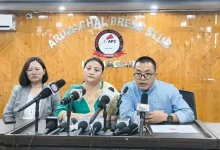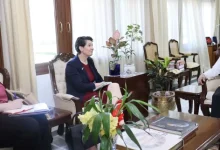Tamil Nadu: Illam Thedi Kalvi to be reduced in size by more than 60 per cent in Tamil Nadu

CHENNAI: The Illam Thedi Kalvi scheme, touted as the largest volunteer-based door-to-door education programme in the country and aimed at bridging learning gaps and losses caused by the pandemic, will be downsized by over 60% and implemented only in areas with identified needs from July 1.
According to officials, the scheme will now focus only on educationally backward and priority blocks in districts, hilly regions and areas with high population of marginalised communities. The scheme, which was providing remedial lessons for students in classes 1-8 till now, will now be implemented only for primary classes, said sources.
Initially, it was implemented by more than two lakh volunteers in two lakh centres across 92,000 habitations in the state. These volunteers imparted daily lessons for classes 1 to 8 in Tamil, English, Maths, Science, Social Science, and Environmental Studies after school as remedial teaching and were paid Rs 1,000 per month. At present, officials said there are 1.5-1.6 lakh centres functioning.
After the reopening on June 10, the department instructed schools not to operate Illam Thedi Kalvi centres until further notice. Currently, the department is in the process of conducting training for the volunteers in batches across the state. According to sources, the number of centres is expected to be reduced to 50,000 in around 180 blocks across the state.
“During the training, we will elicit views of the volunteers regarding their needs. The centres that need to continue will be identified, and classes will begin next month,” said an official.
Hard to sustain scheme for long, say activists
Many of the 8,000 administrators-cuminstructors maintaining hi-tech labs in middle schools were also Illam Thedi Kalvi volunteers.
They were given priority when temporary teachers were hired last year. The department had conducted a study to assess the scheme’s impact.
The results have been submitted to the state,” said the official. Activists said it is difficult to sustain a volunteer-based programme for a long time
















